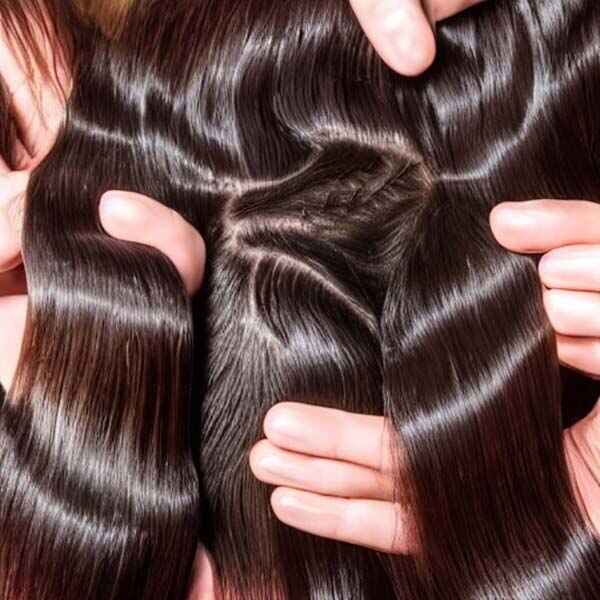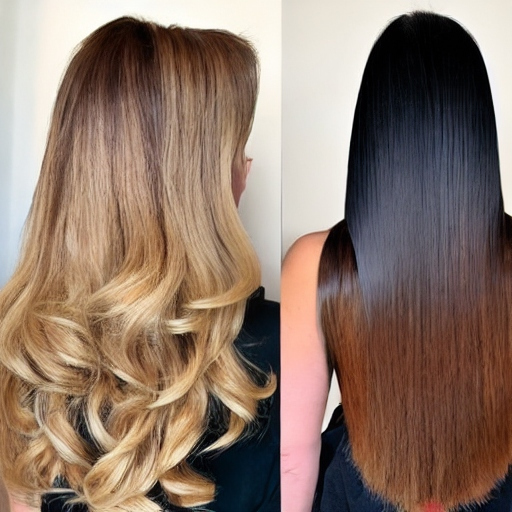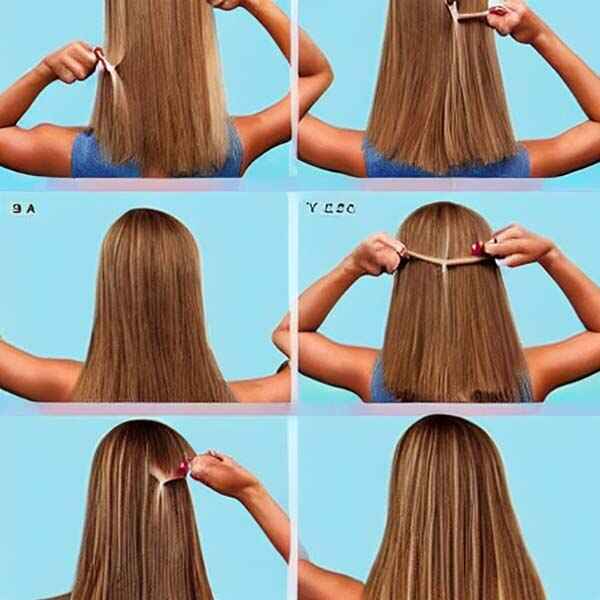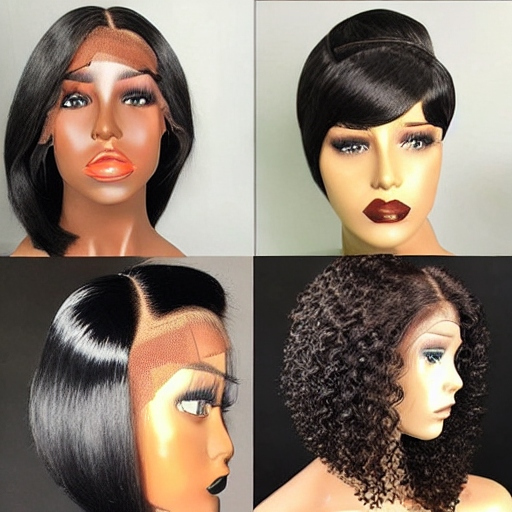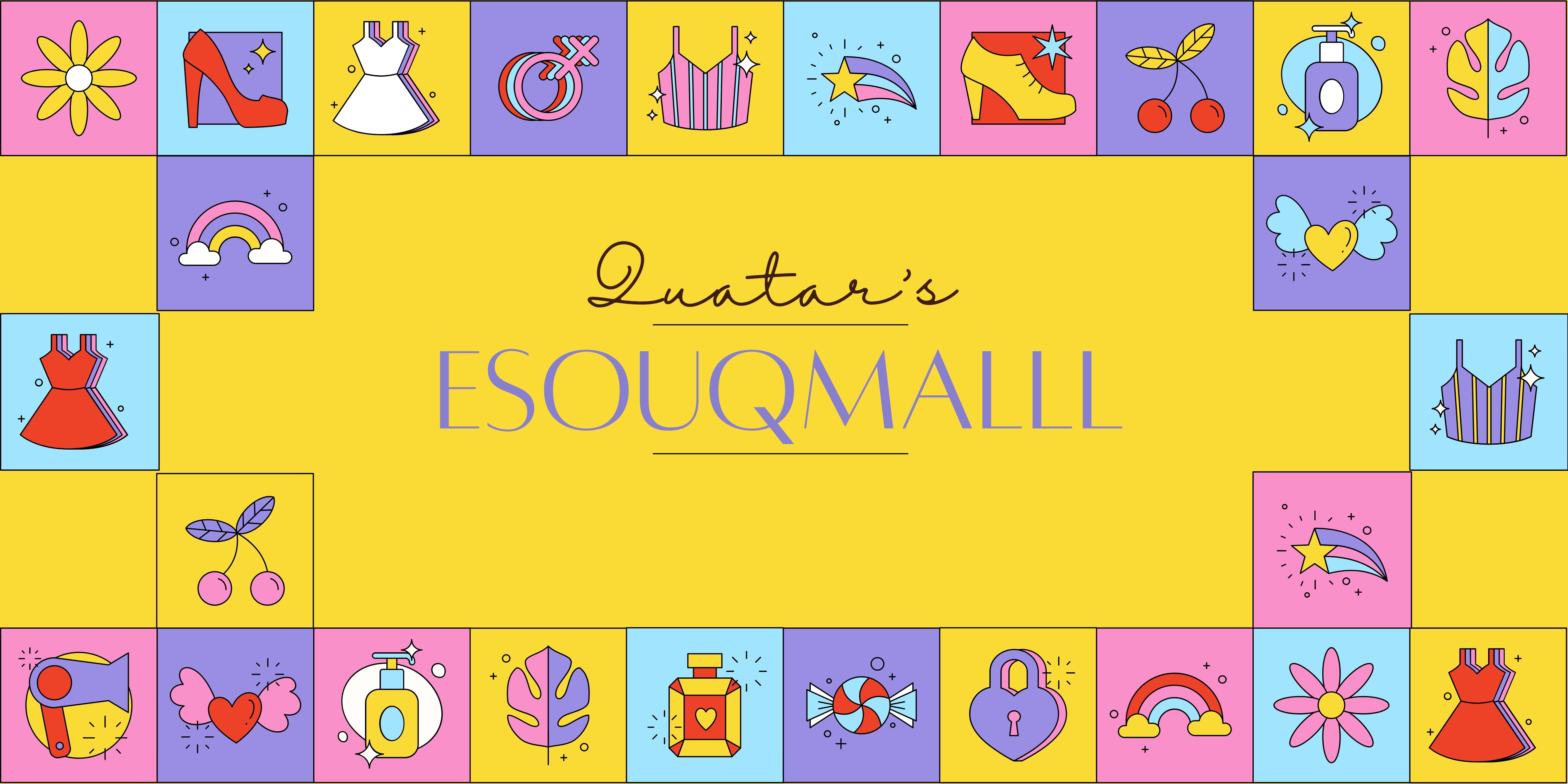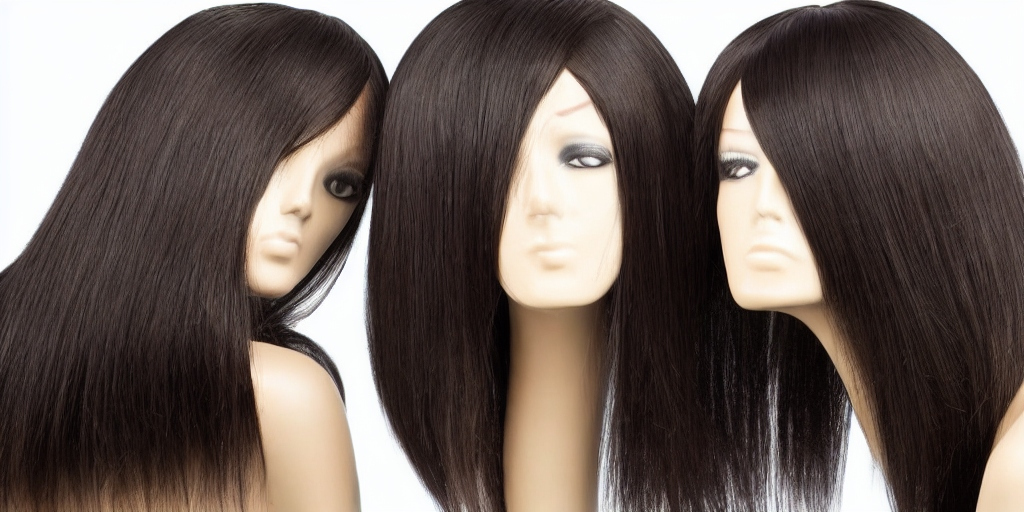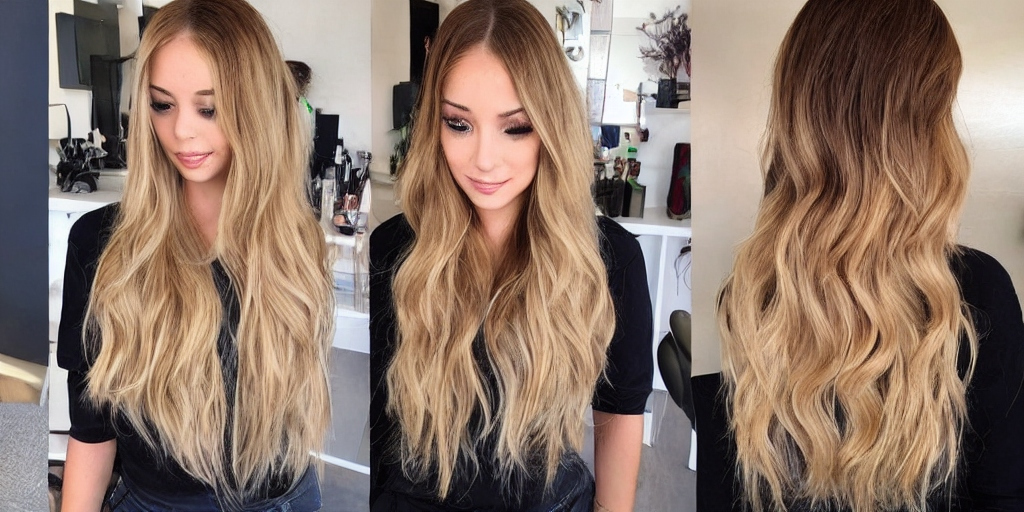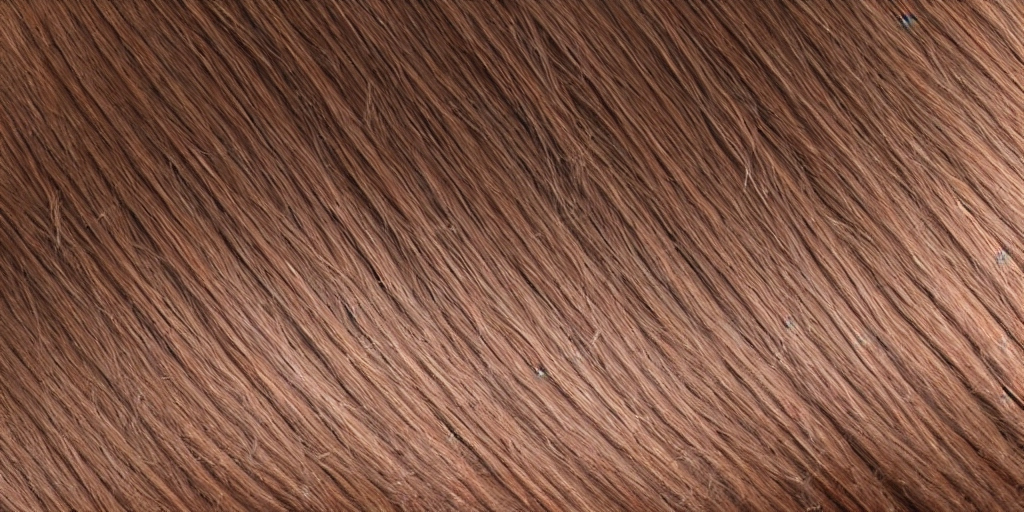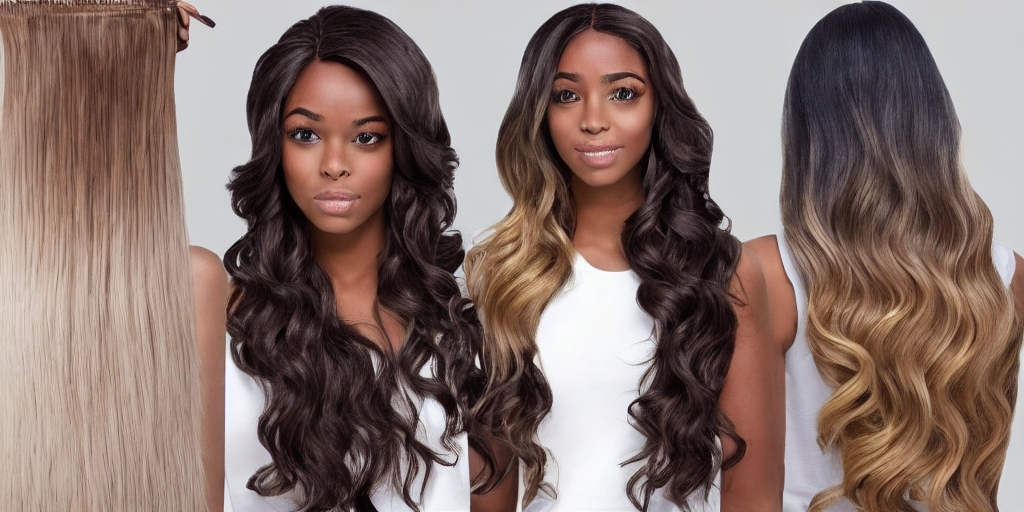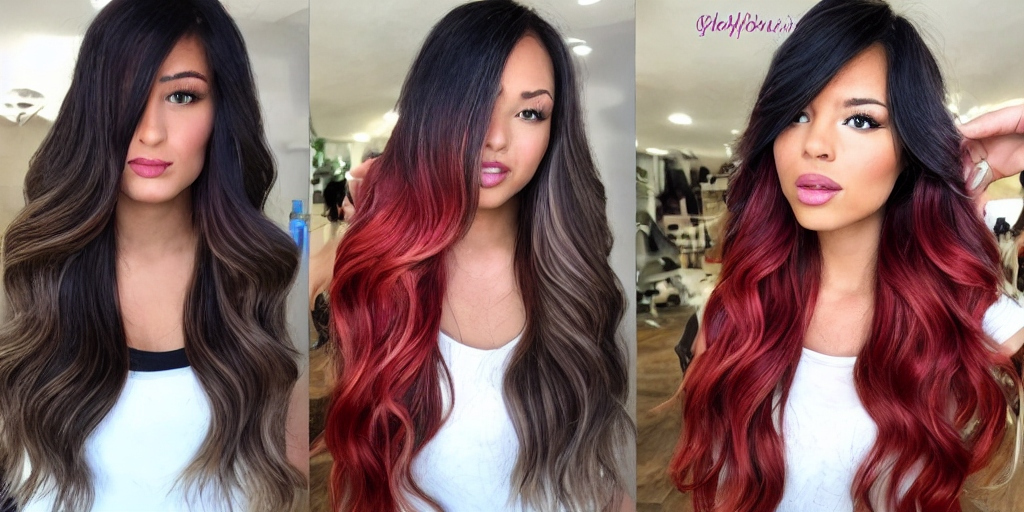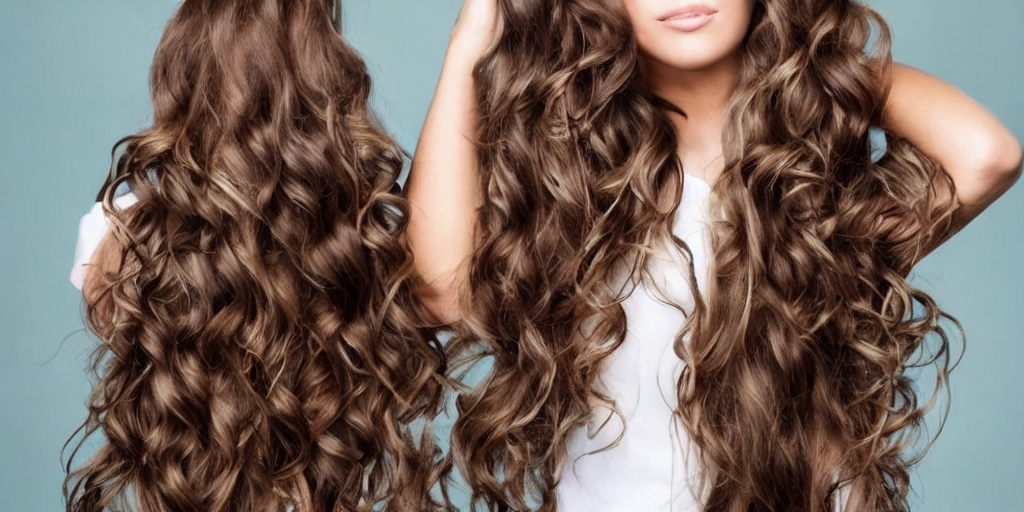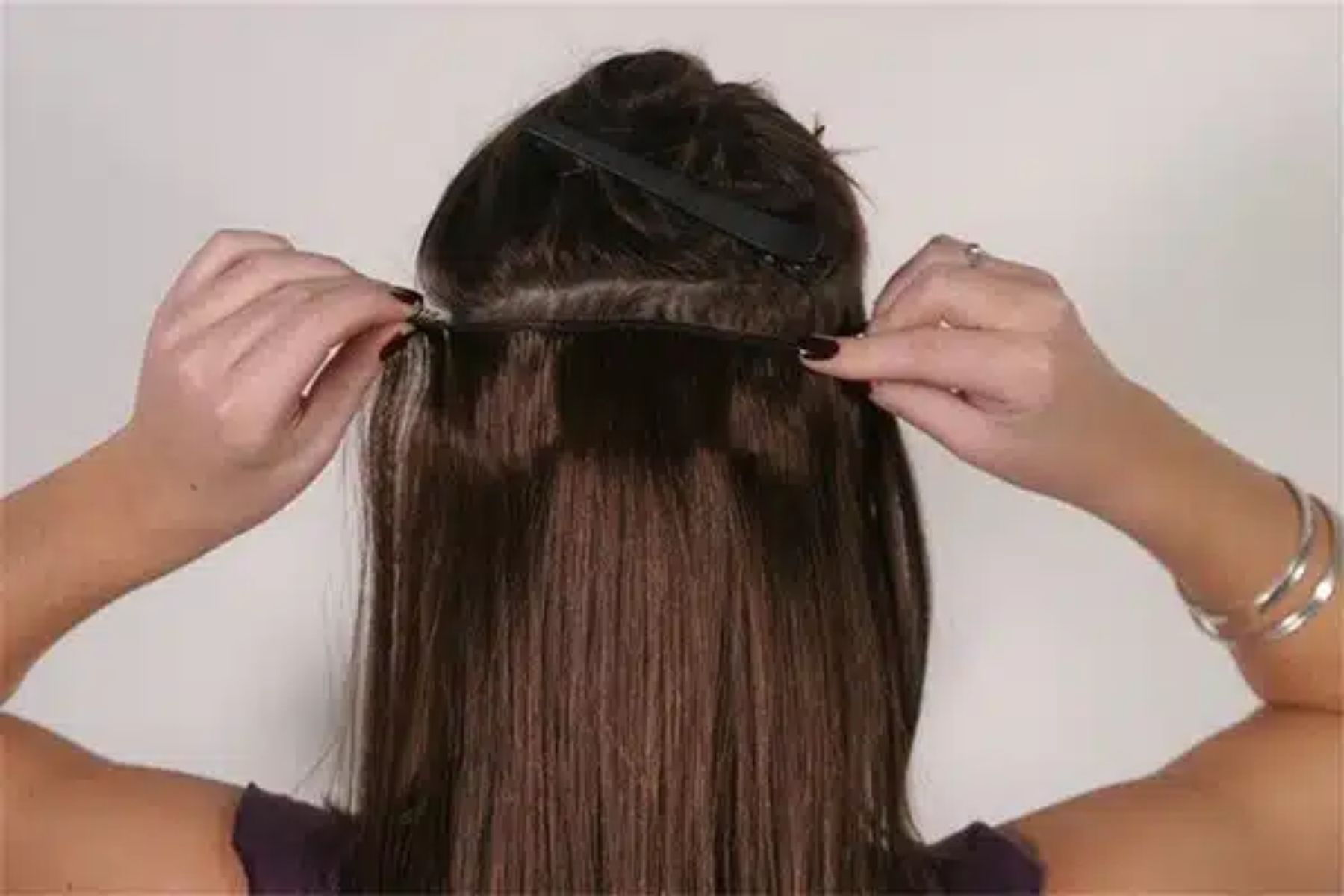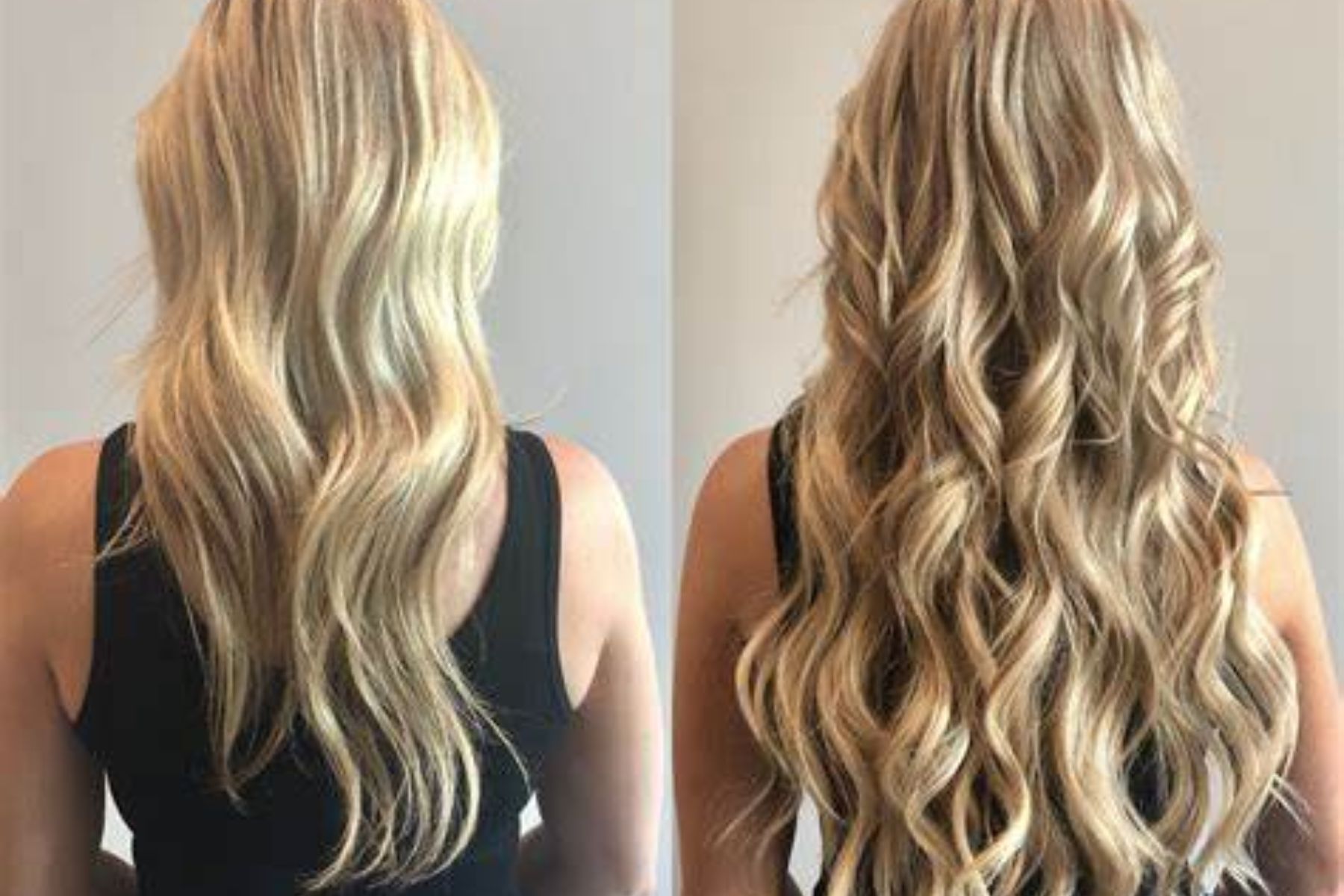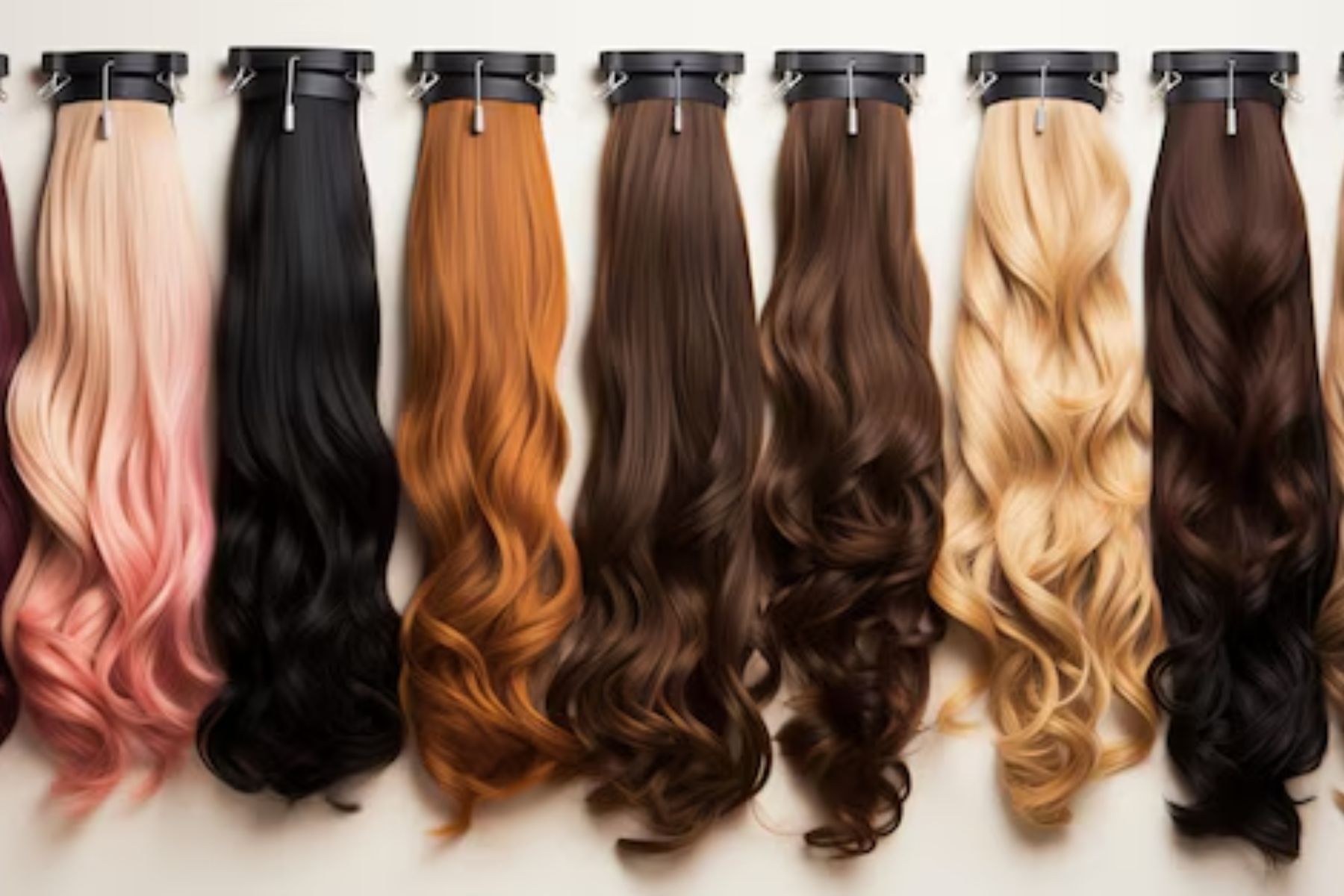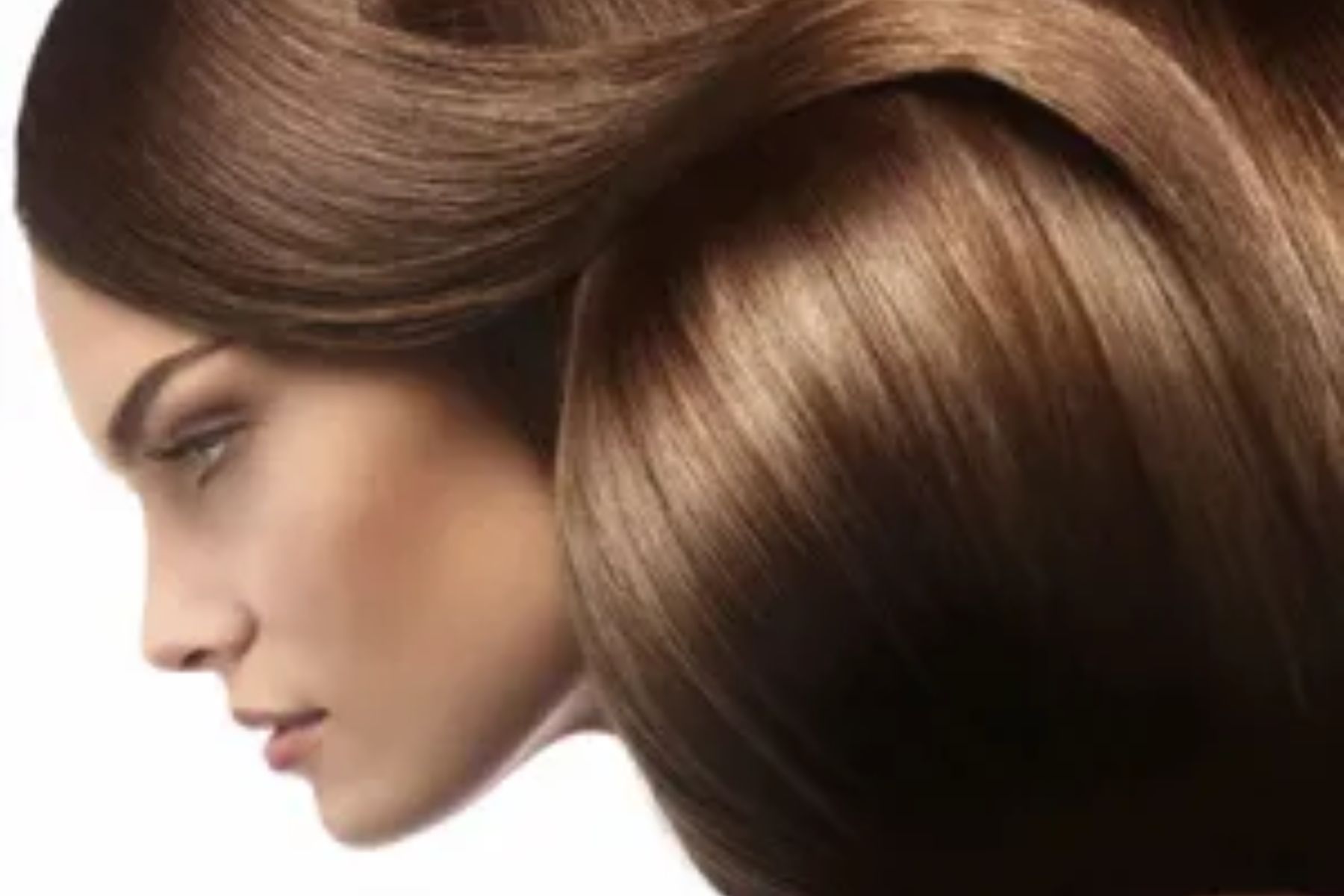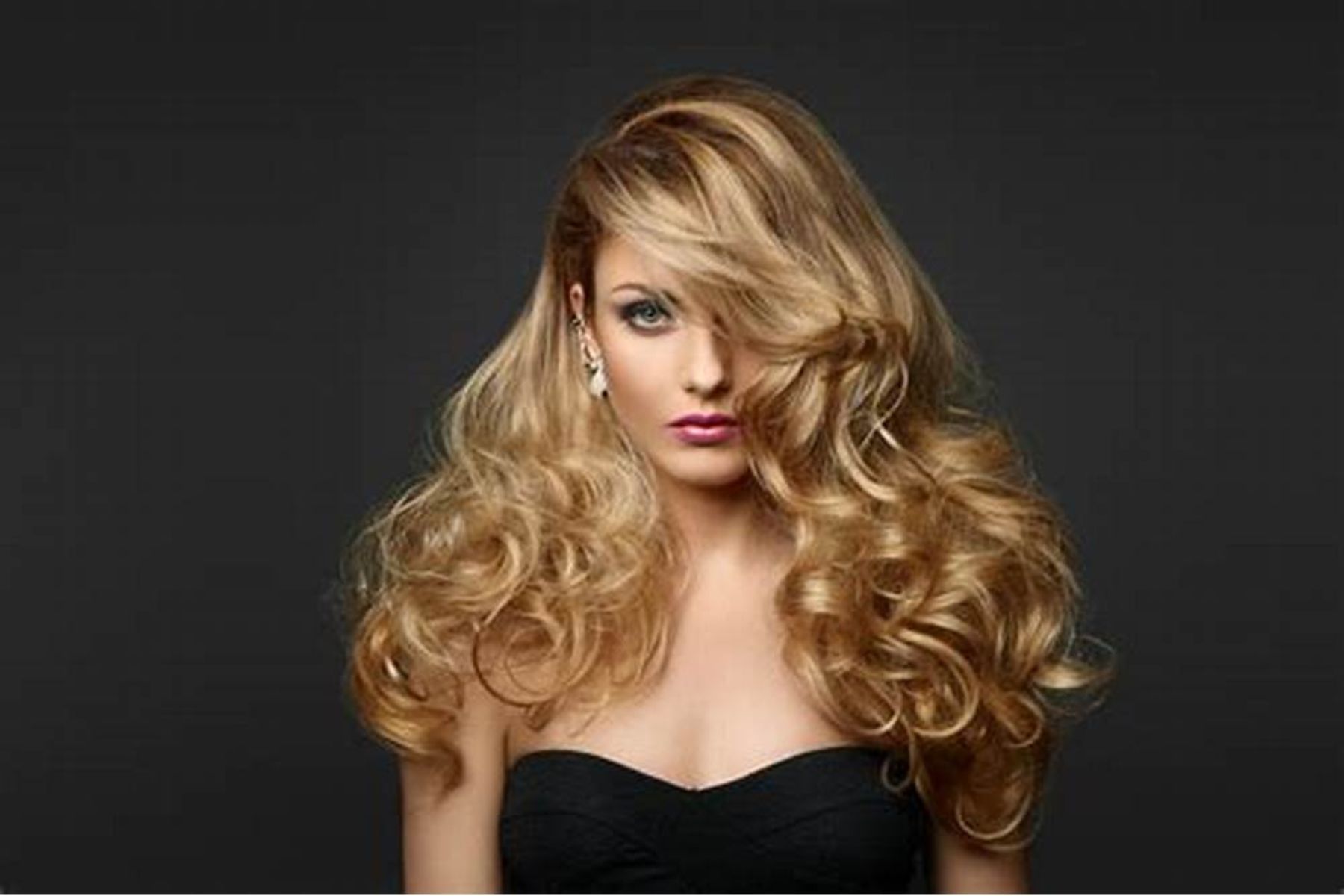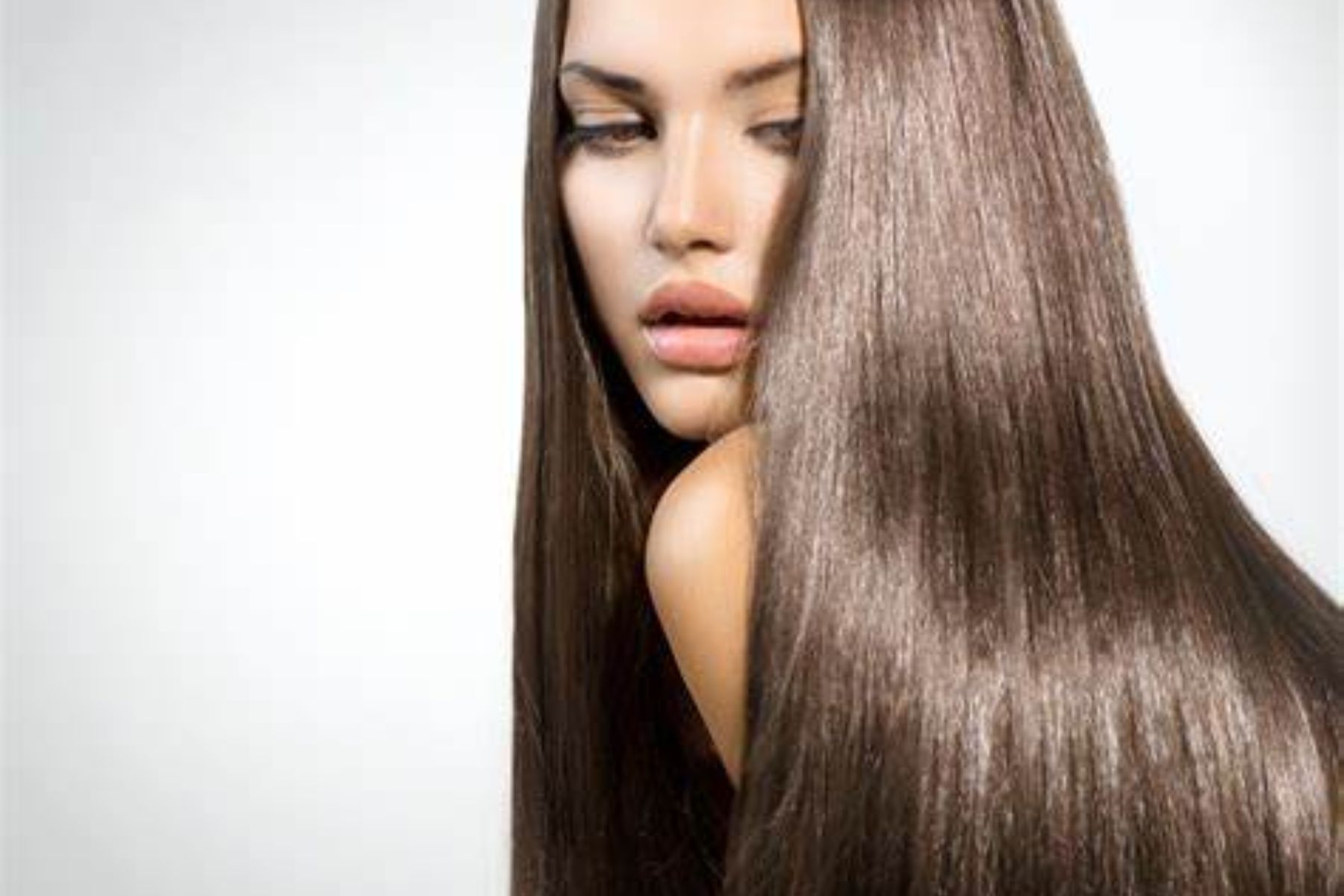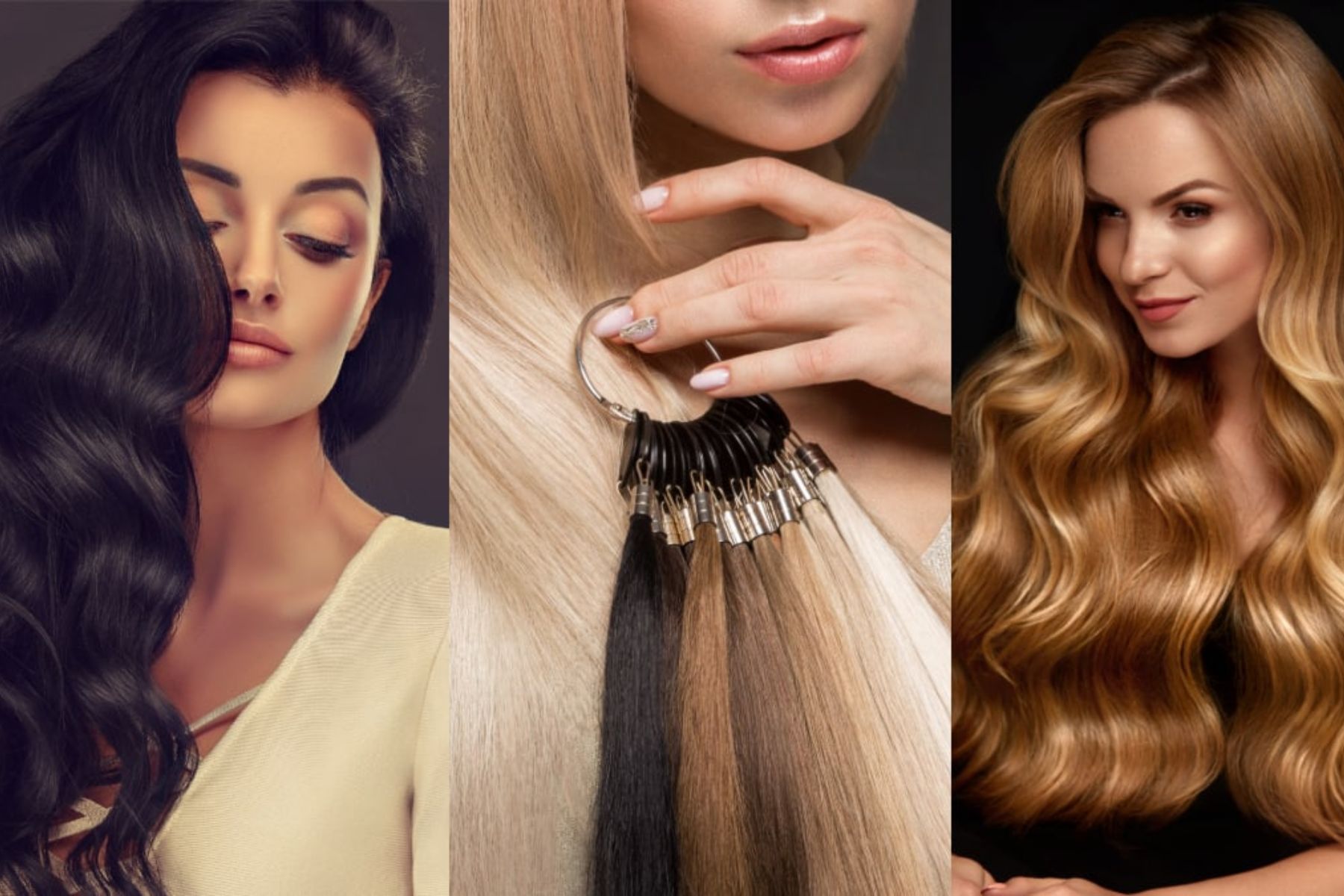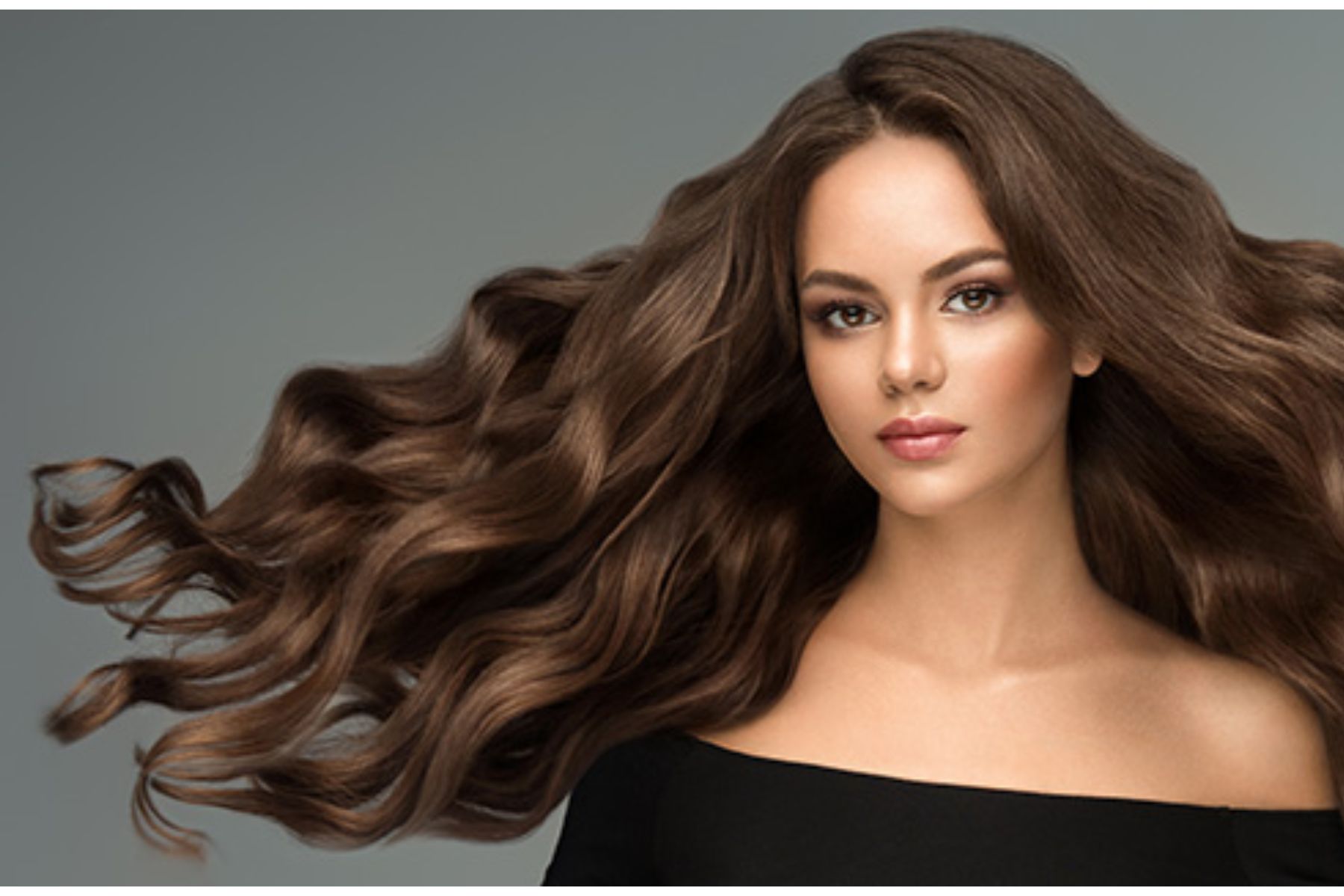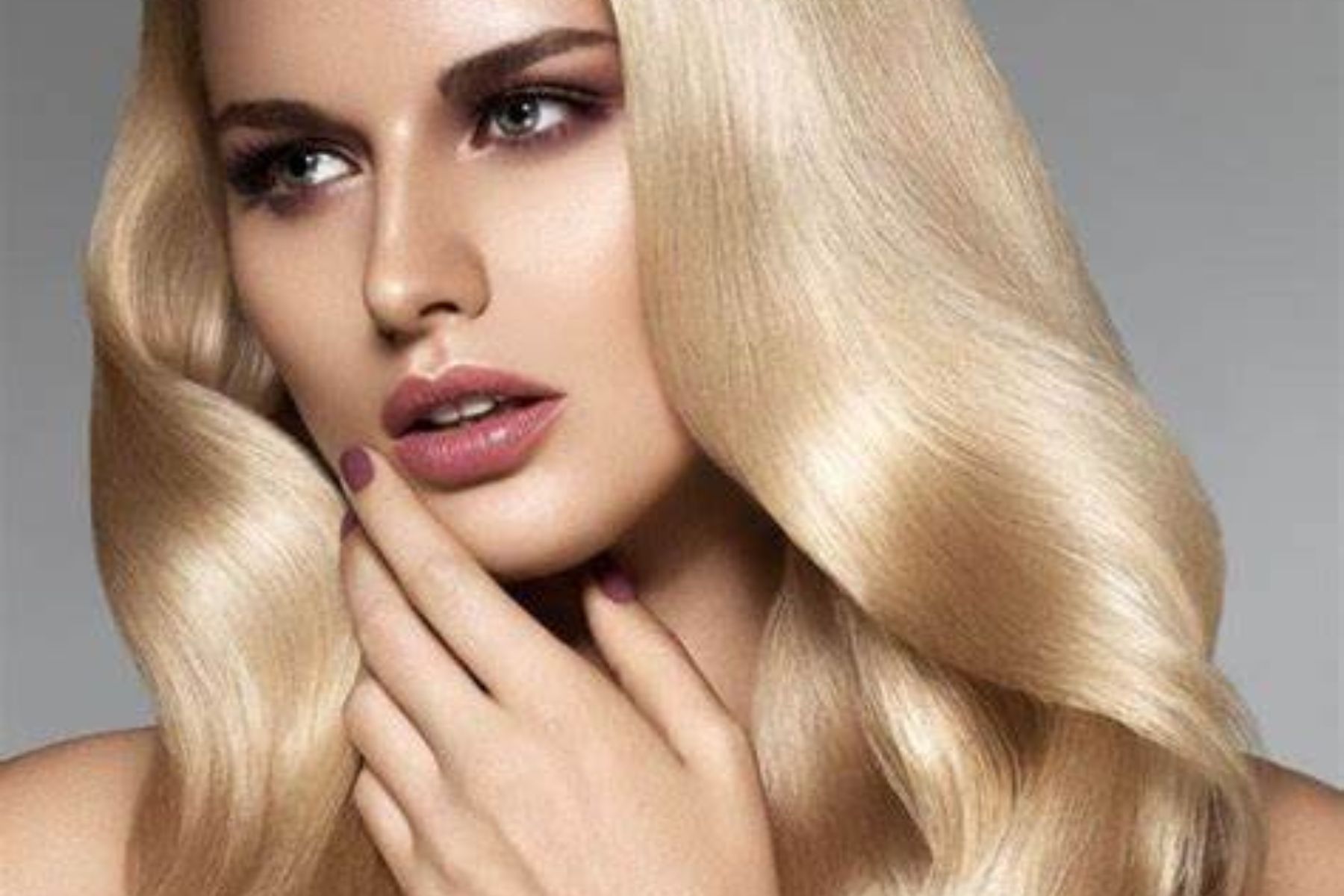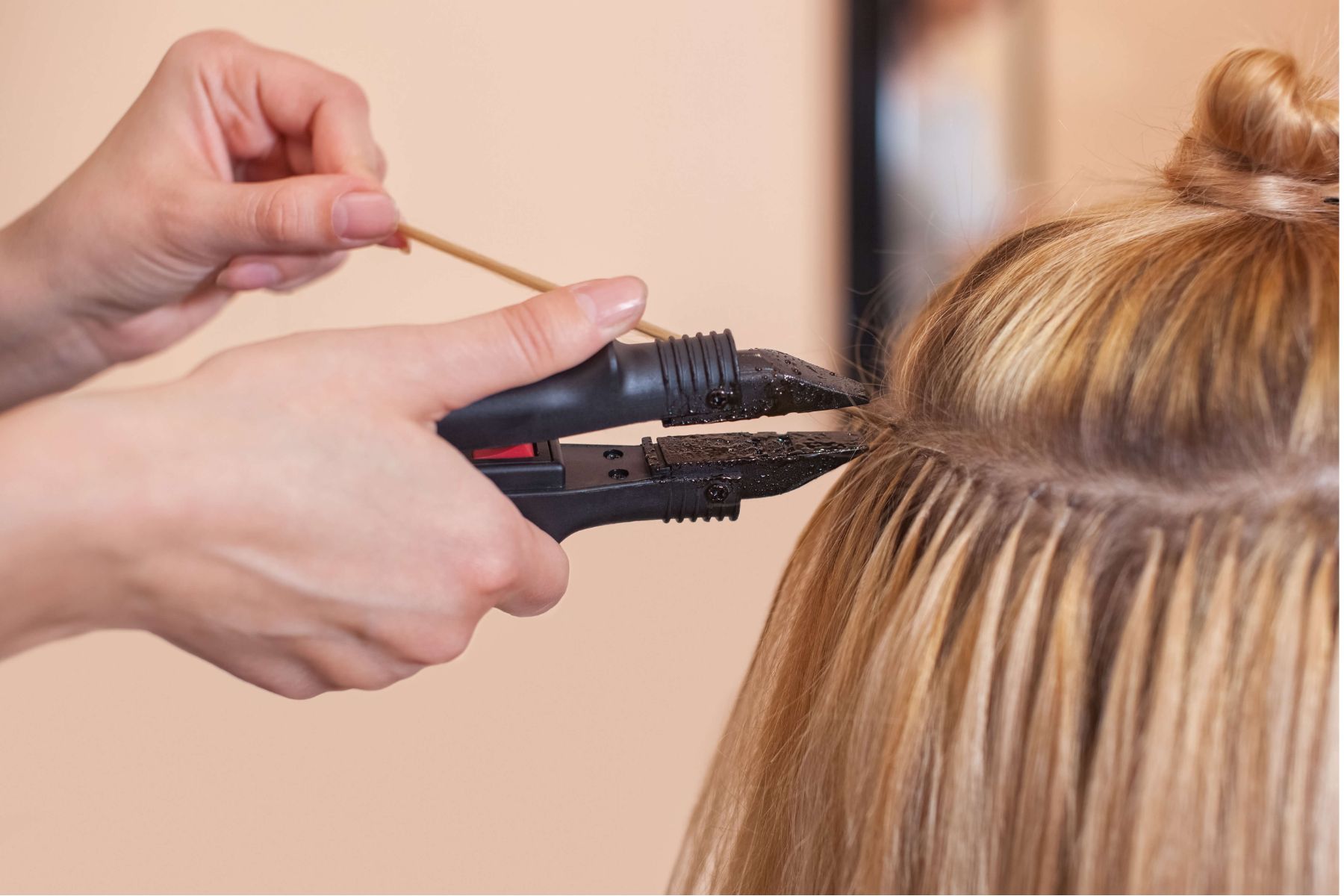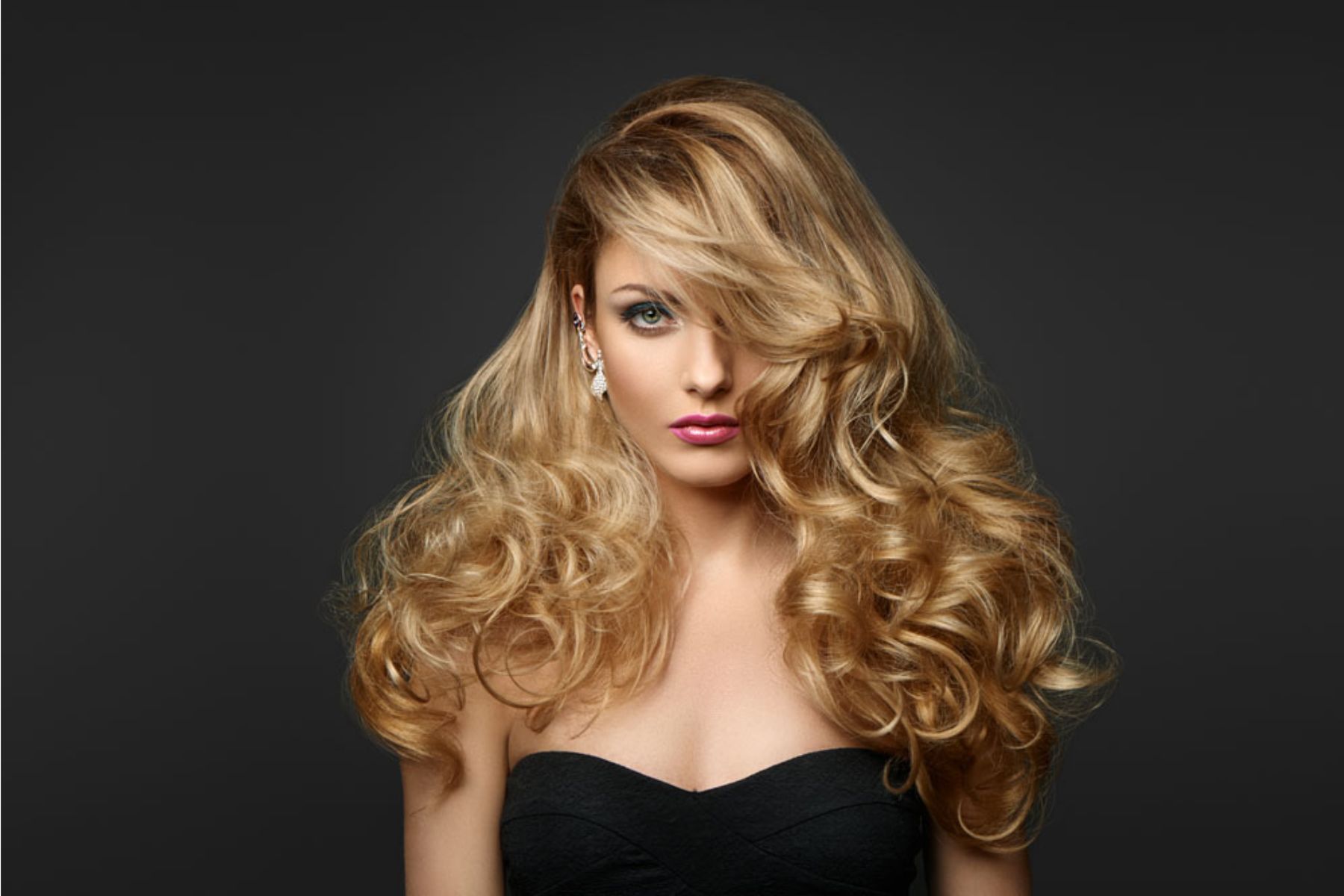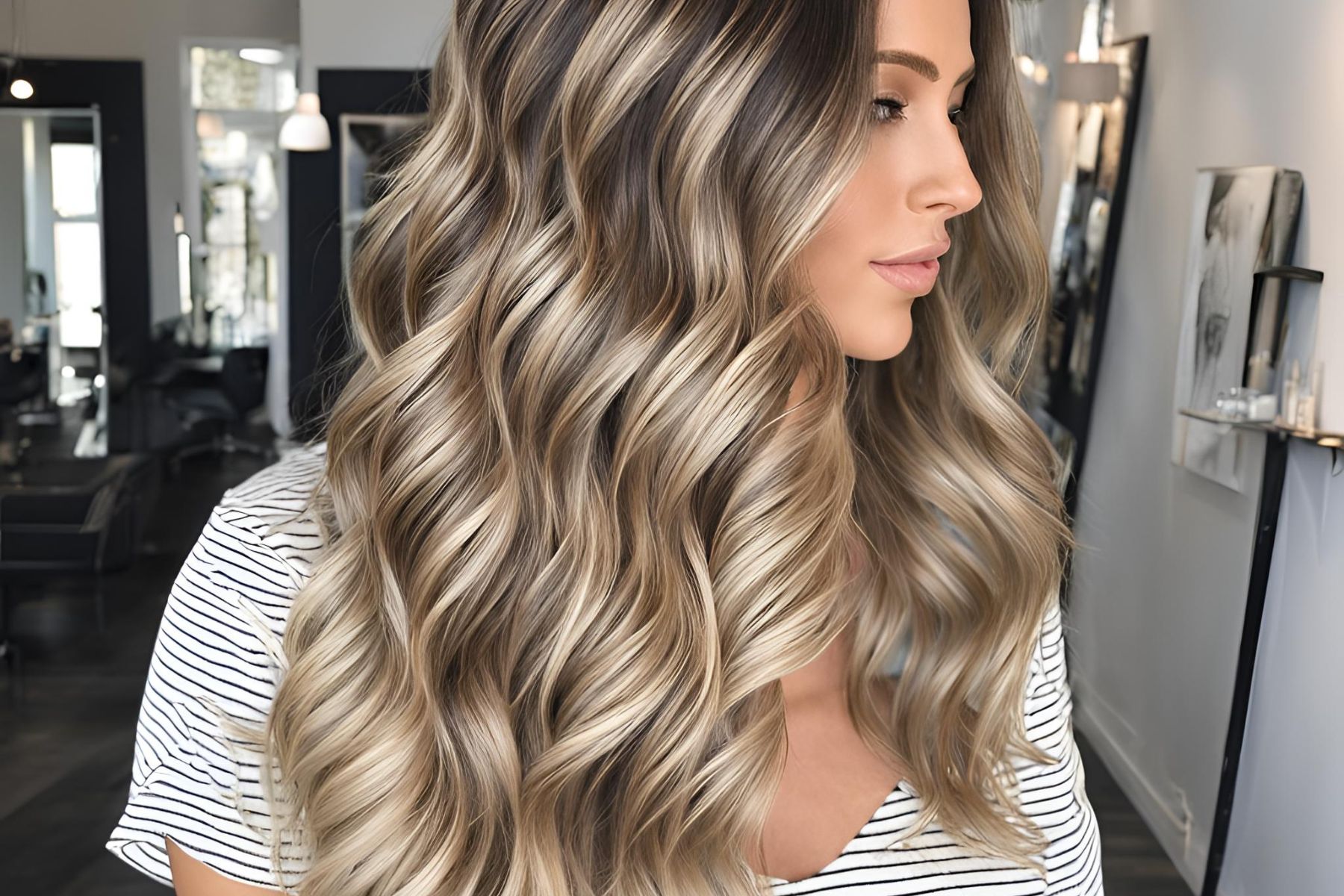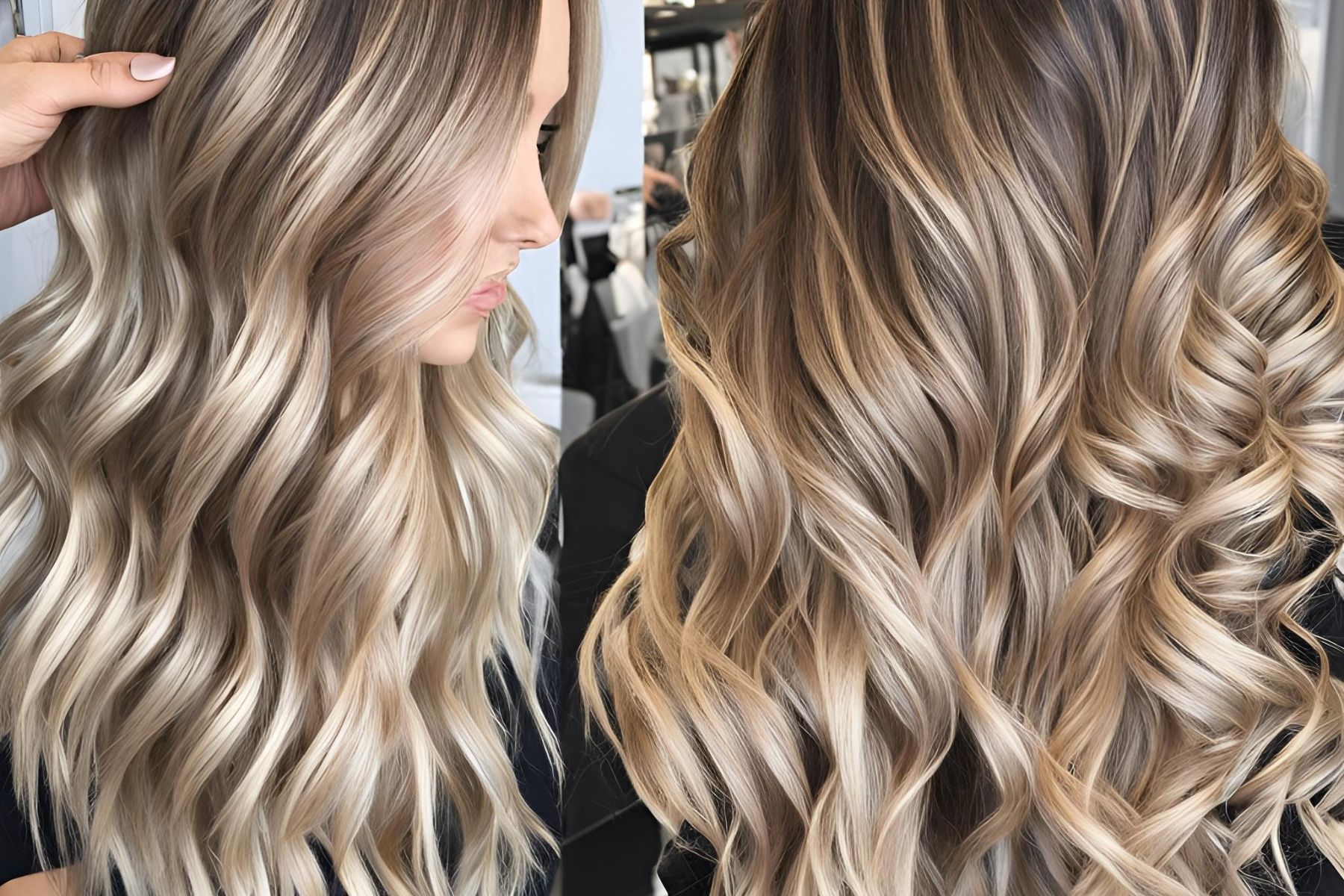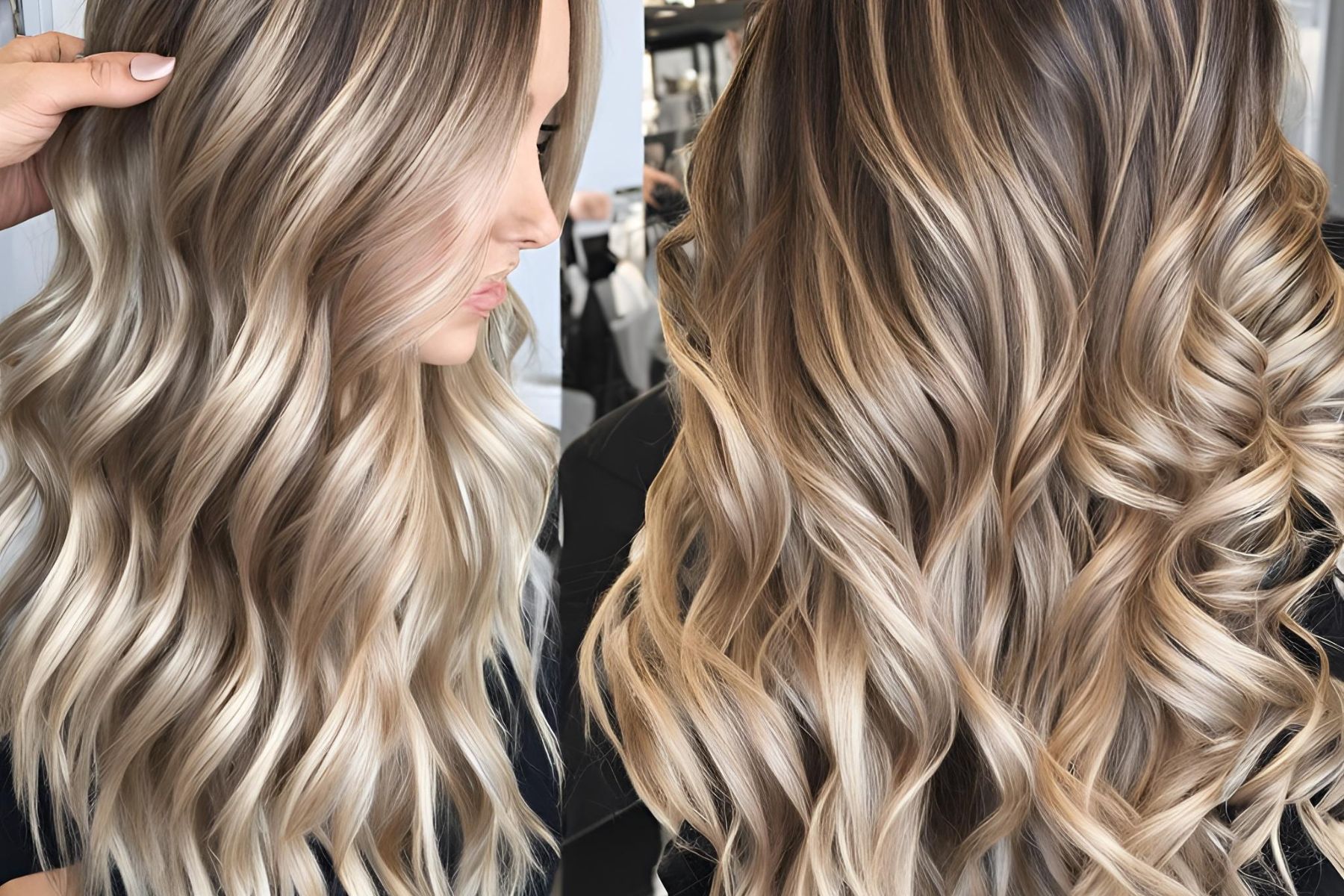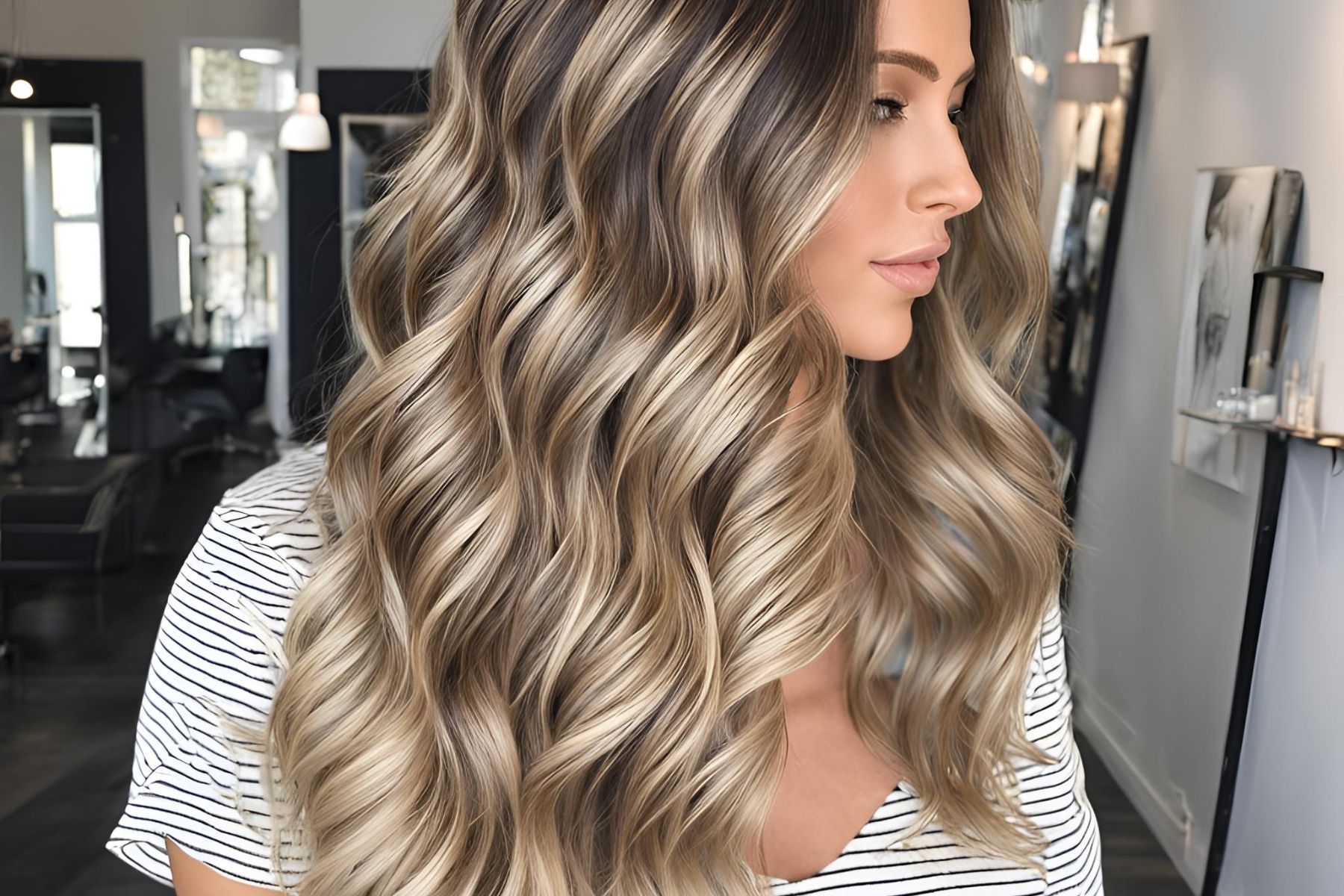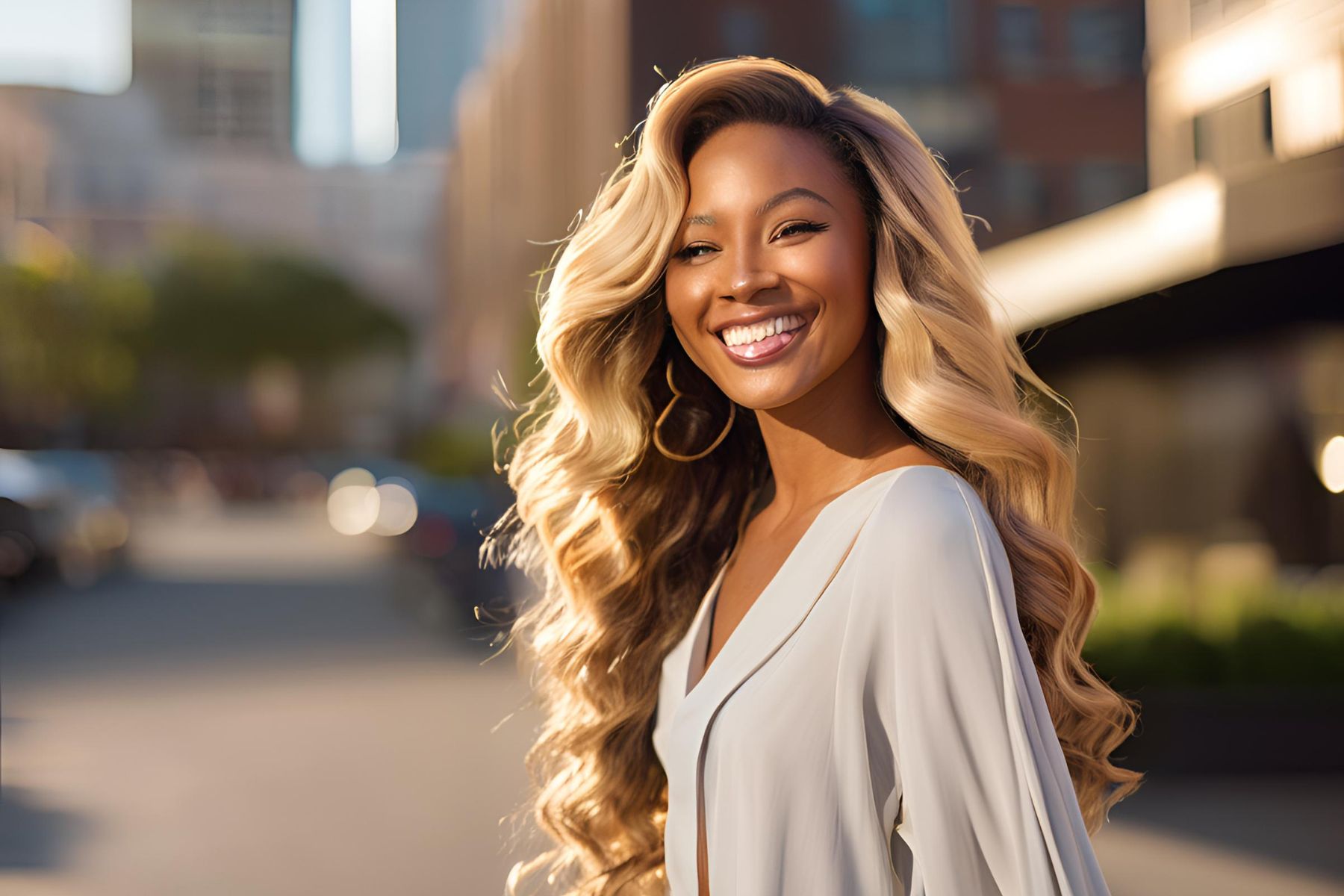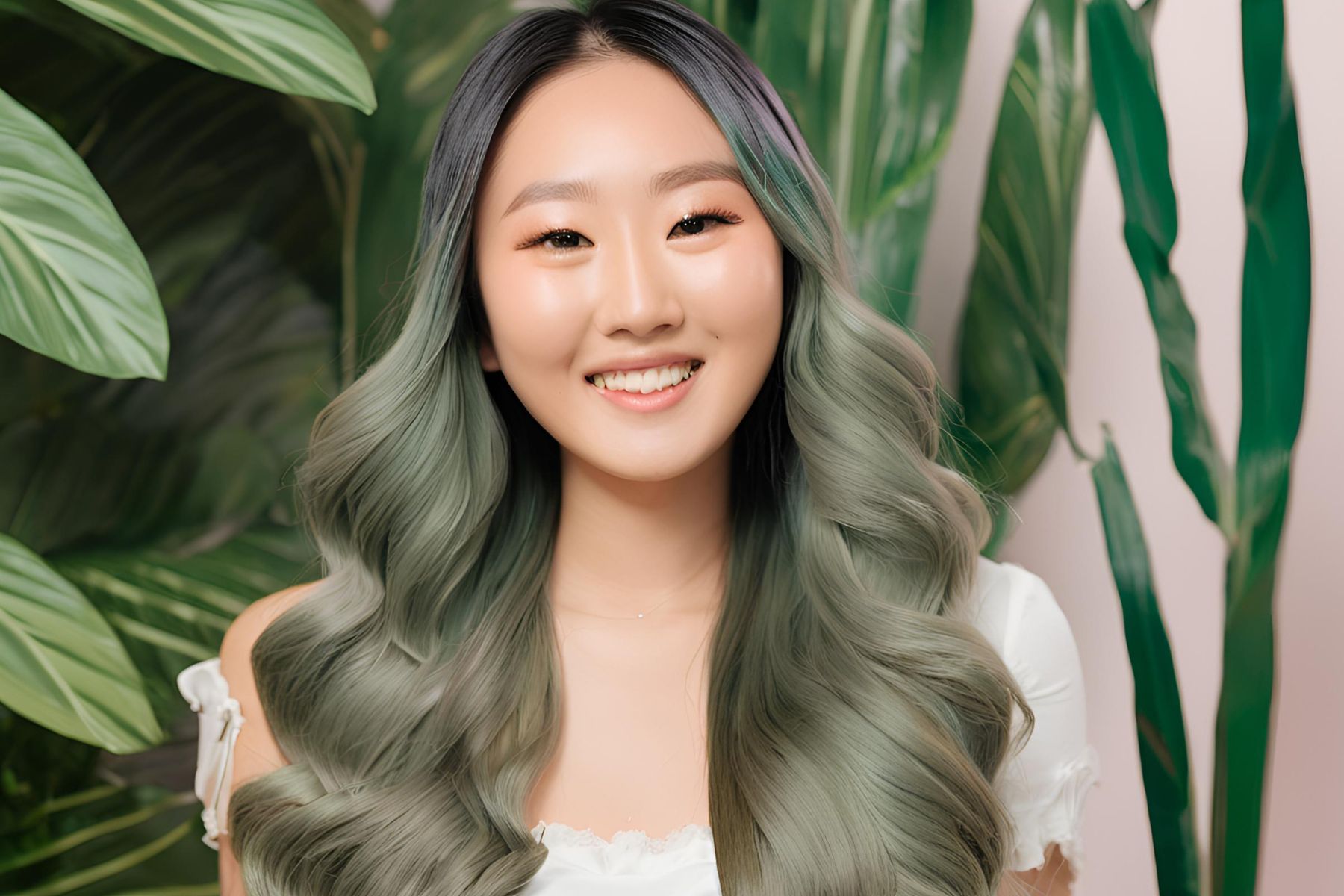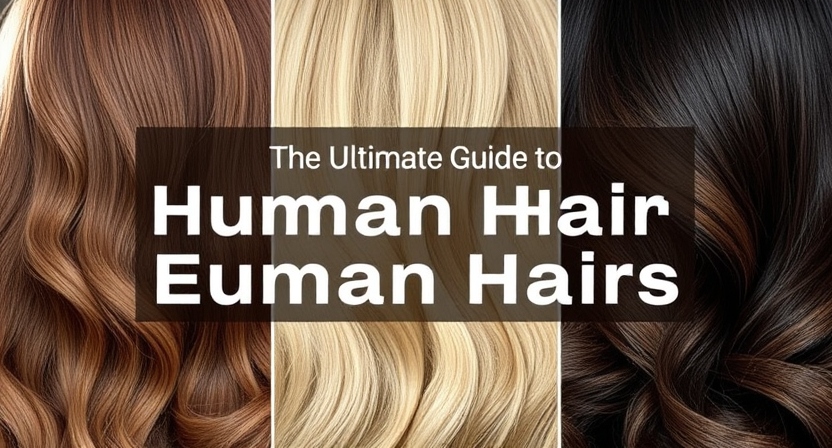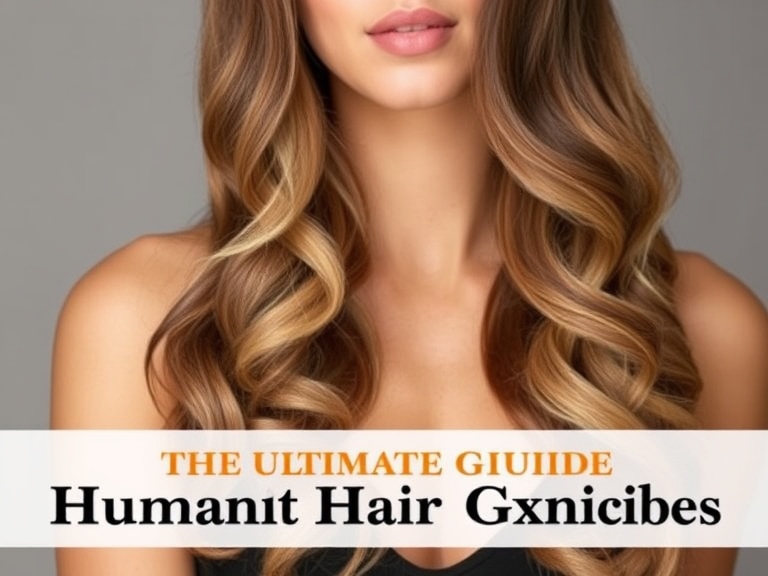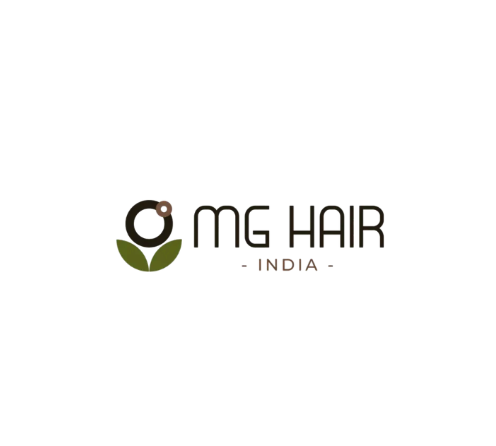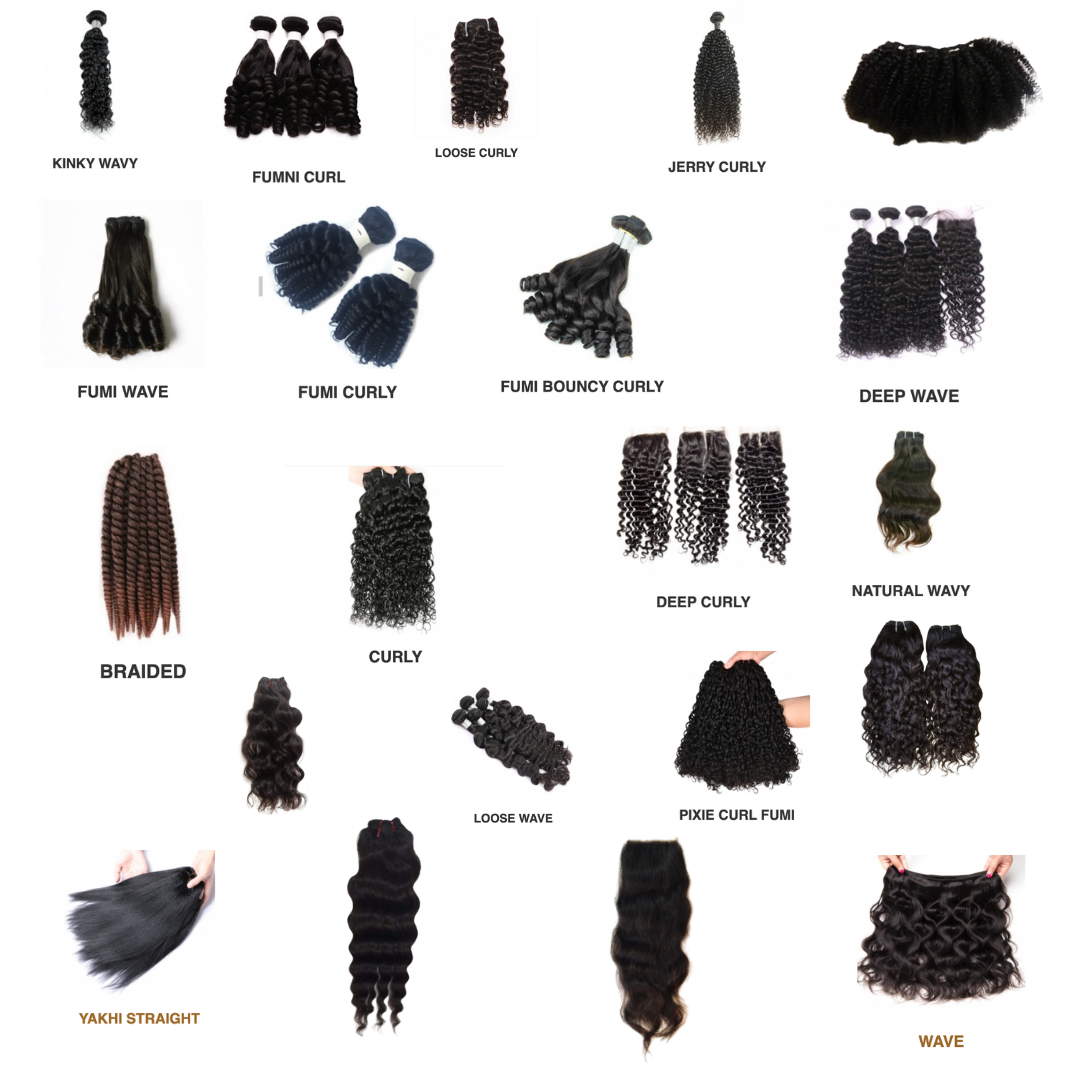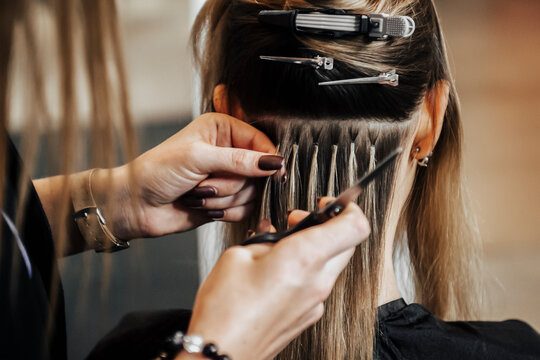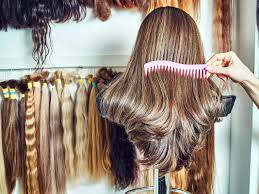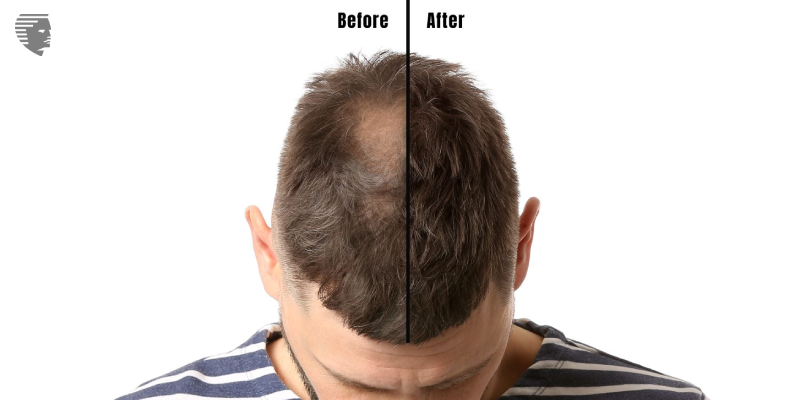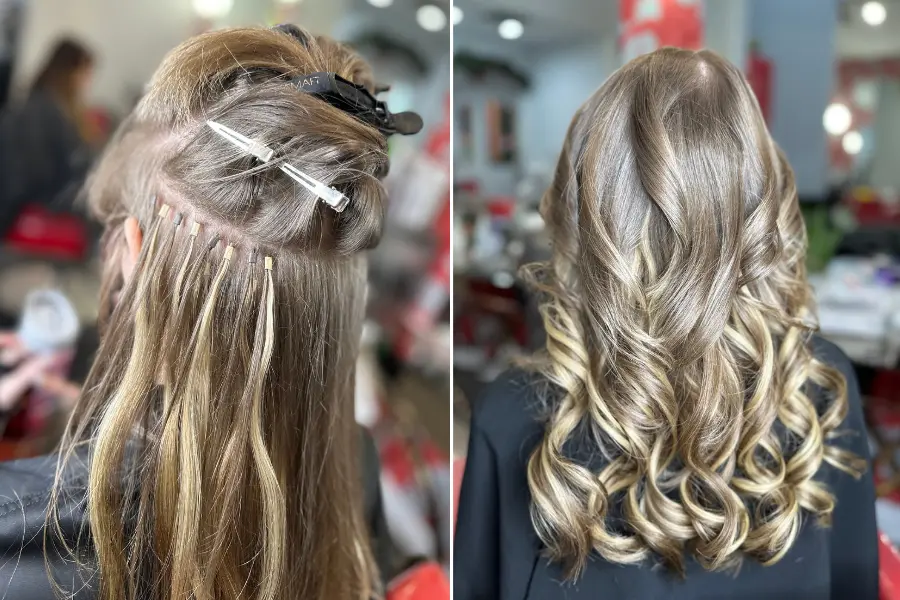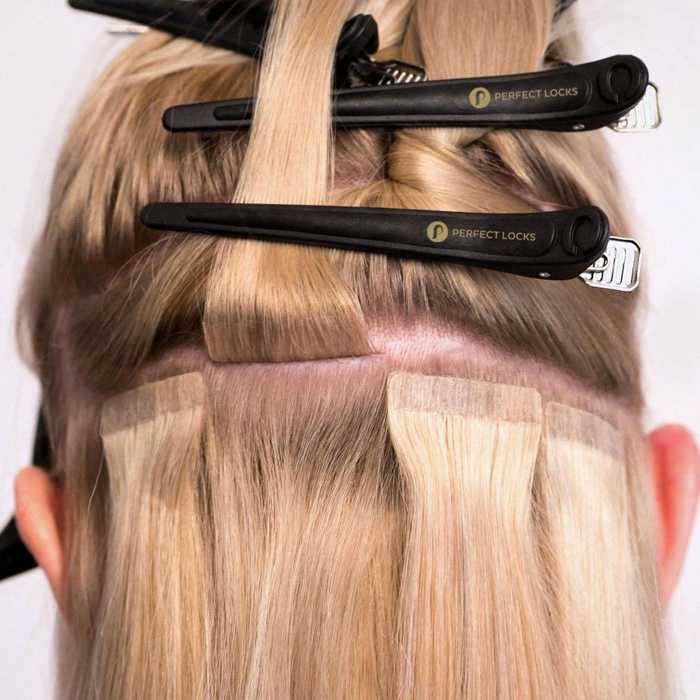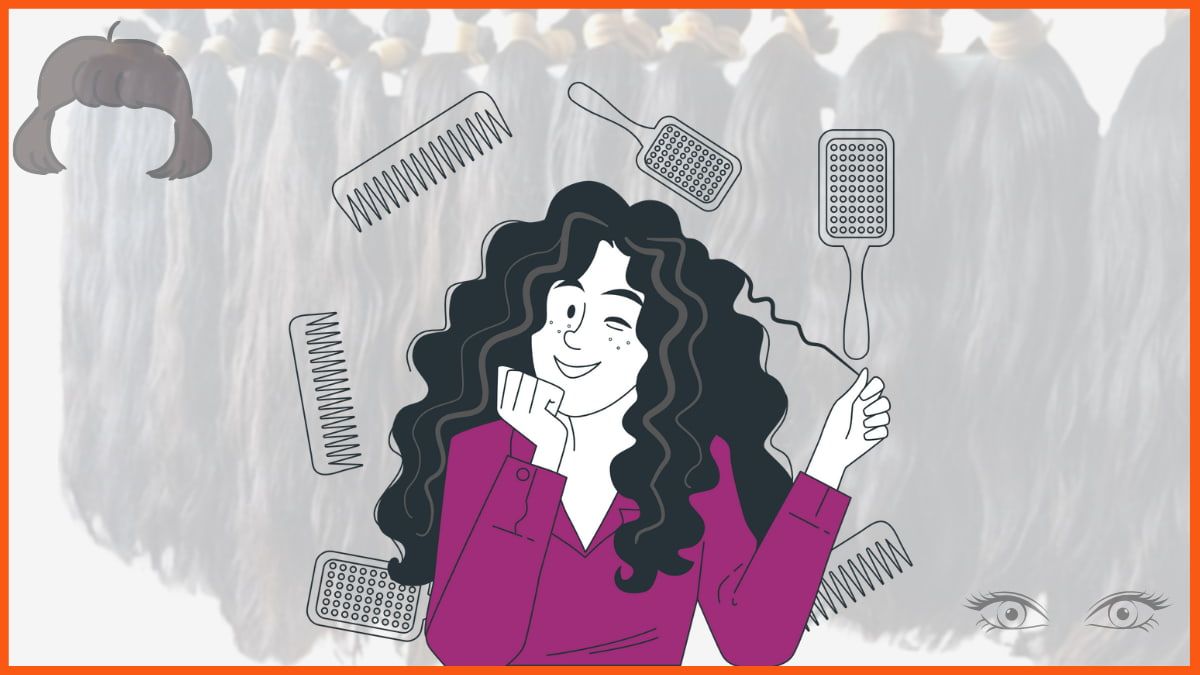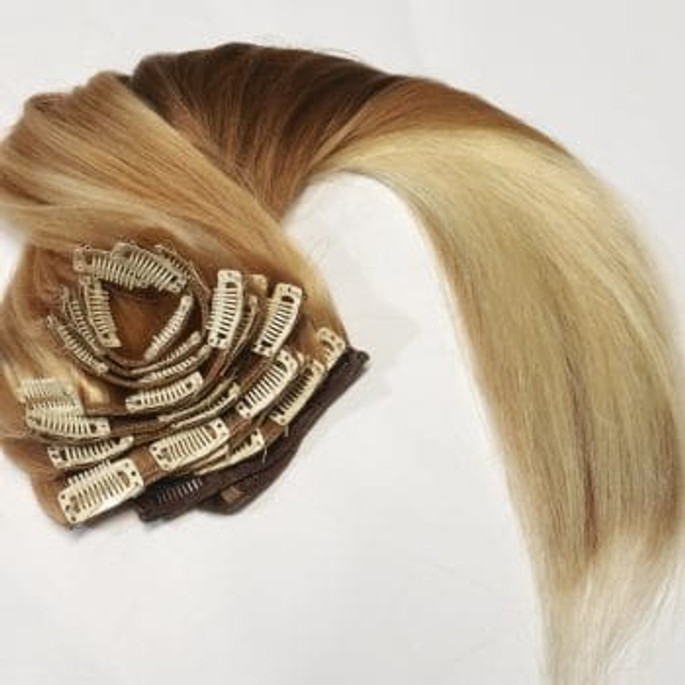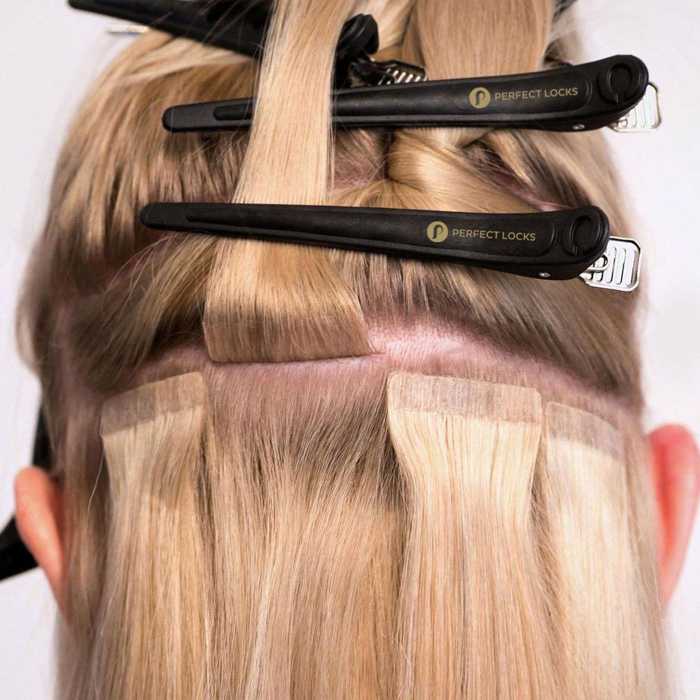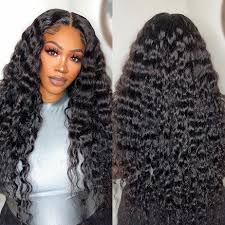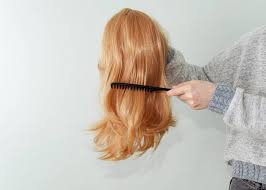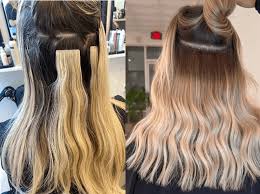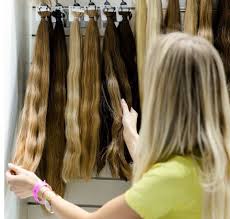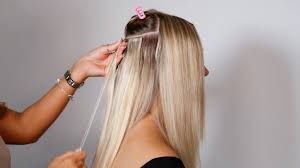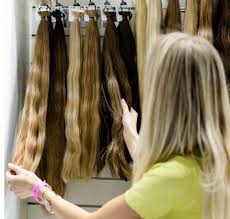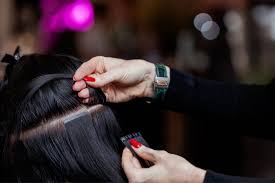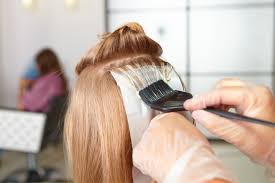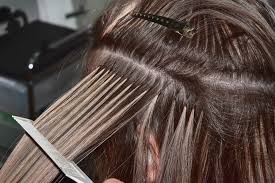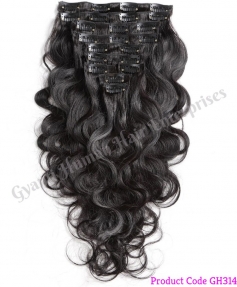How to Educate Clients on Wig & Extension Care
A flawless install, a vibrant color, or a custom unit is only the beginning. The true secret to long-lasting beauty in wigs and extensions? Education.
Whether your clients are seasoned wig lovers or completely new to extensions, their experience doesn’t end at the salon or checkout counter. Knowing how to clean, store, style, and protect their new hair investment is crucial.
So how do you educate without overwhelming? How do you guide without sounding preachy? In this blog, we’ll break down the art of teaching clients proper wig and extension care — in a way that sticks.
🌟 Why Education Matters More Than Ever
We live in a beauty-obsessed, social media-fueled age. Clients are bombarded with trends, hacks, and “DIY fixes” that sometimes do more harm than good. When they invest in high-quality wigs or extensions, they’re trusting you — the stylist, the retailer, or the expert — to guide them properly.
Education does three big things:
-
Protects their investment
-
Prevents matting, tangling, excessive shedding
-
Avoids early wear and tear
-
Boosts client confidence
-
They feel empowered to handle their hair on their own
-
Less panic when dealing with frizz, washing, or heat styling
-
Reduces returns & complaints
🧠Tip 1: Start With a Simple Explanation — Not a Lecture
Clients don’t need a cosmetology degree. What they need is plain language.
Instead of saying:
"This unit is a 13x6 pre-plucked lace frontal with 150% density, which needs deep conditioning weekly..."
Try:
"This wig has a lace front that gives you a natural hairline. It’s thick and flowy, so I recommend a gentle deep condition once a week to keep it soft."
Break it down into:
💡 Tip 2: Provide Written (or Digital) Care Cards
Verbal instructions can fly out the window the second they get home.
That’s why take-home materials are a must.
Here’s what your Care Card should include:
-
Type of hair (human/synthetic, curly/straight, etc.)
-
Washing frequency
-
Recommended shampoo/conditioner
-
Detangling tips
-
Heat styling guidelines
-
Storage instructions
👉 Pro tip: Create a QR code linking to a care tutorial video or blog. Super easy and modern.
💬 Tip 3: Use the "Teach-While-You-Style" Method
The best time to teach? While you’re installing or styling.
Instead of staying silent or chatting only about life, use the moment to:
-
Narrate what you’re doing ("I’m using a wide-tooth comb because this prevents breakage.")
-
Recommend products you use in real time
-
Show them hand movements — how to wrap, how to brush from ends to root
Bonus: They’re watching in the mirror, so they’re more likely to remember the moves.
🧴 Tip 4: Be Product-Specific
Generic instructions lead to client frustration. Always suggest specific product types — or better yet, retail them!
Examples:
-
“Use a sulfate-free, moisturizing shampoo like [Your Brand or Trusted Product].”
-
“For tangles, I recommend a leave-in detangler and a wide-tooth comb.”
-
“Avoid alcohol-heavy sprays — they dry out synthetic fibers.”
Clients are more likely to follow care routines when they know exactly what to buy (or when they can grab it from your salon shelf).
🧼 Tip 5: Break Down the Wash Routine
Clients are often scared to wash wigs or extensions. Make it less intimidating.
Washing Wigs:
-
Detangle gently
-
Use lukewarm water
-
Apply shampoo in a downward motion
-
Rinse thoroughly
-
Deep condition and air dry on a wig stand
Washing Extensions (clip-ins or sew-ins):
-
Braid or bundle for easy washing
-
Use sulfate-free shampoo
-
Apply conditioner from mid-shaft to ends
-
Rinse and towel dry gently
-
Let air dry flat or hang
Key advice: Emphasize gentle handling — no aggressive scrubbing or twisting!
🔥 Tip 6: Clarify Heat Usage Rules
This is where many clients go wrong. One quick curl at 450°F on synthetic fibers, and boom — melted mess.
Teach Them:
-
Human hair can handle moderate heat (up to 375°F is safest)
-
Synthetic wigs often can’t take heat unless labeled “heat-resistant”
-
Always use a heat protectant spray
-
Suggest low-and-slow styling: "Let the heat do the work, not the pressure."
🎒 Tip 7: Teach Storage & Night Care
How hair is stored affects longevity just as much as washing.
Teach:
-
Store wigs on a mannequin head or in a silk/satin bag
-
Don’t throw them in a drawer!
-
Never sleep in a wig unless it’s a glueless type designed for that
-
Wrap or braid extensions before bed and use a satin bonnet or pillowcase
These habits preserve style, prevent matting, and reduce friction damage.
📱 Tip 8: Use Social Media as a Visual Classroom
If you’re a stylist or hair business, Instagram Reels, TikToks, and Stories are your best friend.
Clients love seeing:
You can also highlight client transformations after proper care, reinforcing that education = better hair lifespan.
🧘 Tip 9: Be Patient With First-Time Wig Wearers
New clients may feel overwhelmed.
Instead of assuming they know:
The more supported they feel, the more likely they’ll care for the product correctly — and come back.
💎 Bonus Tip: Bundle Education Into Your Service Value
Make education part of your brand promise.
Say things like:
"With every wig purchase, we offer a personalized care plan and a digital guide."
"Our installs come with 5-minute home-care coaching so your hair always looks fresh."
This makes your service feel premium and builds loyalty through trust.
💬 Common Client Questions (And How to Answer)
Q: How often should I wash my wig or extensions?
A: Every 7–10 wears or when it feels oily. For extensions, every 1–2 weeks depending on buildup.
Q: Can I sleep in my wig?
A: Only if it’s a glueless, breathable unit made for sleeping. Otherwise, take it off and store properly.
Q: Can I swim in it?
A: It’s best not to. Chlorine and saltwater can dry out both human and synthetic fibers.
Q: Why is my wig tangling so much?
A: Could be product buildup, friction, or lack of proper storage. A good detangle routine helps a lot.
Final Thoughts: Education Is Empowerment
When you teach your clients how to care for their wigs or extensions, you’re doing more than offering instructions — you’re empowering them to protect their investment, feel beautiful, and become more confident in their hair journey.
Whether you're a salon professional, a stylist, or a wig retailer, making care education part of your routine helps your clients feel seen, supported, and loyal to your brand.
Hair is powerful. Education makes it last.
Related Blog





